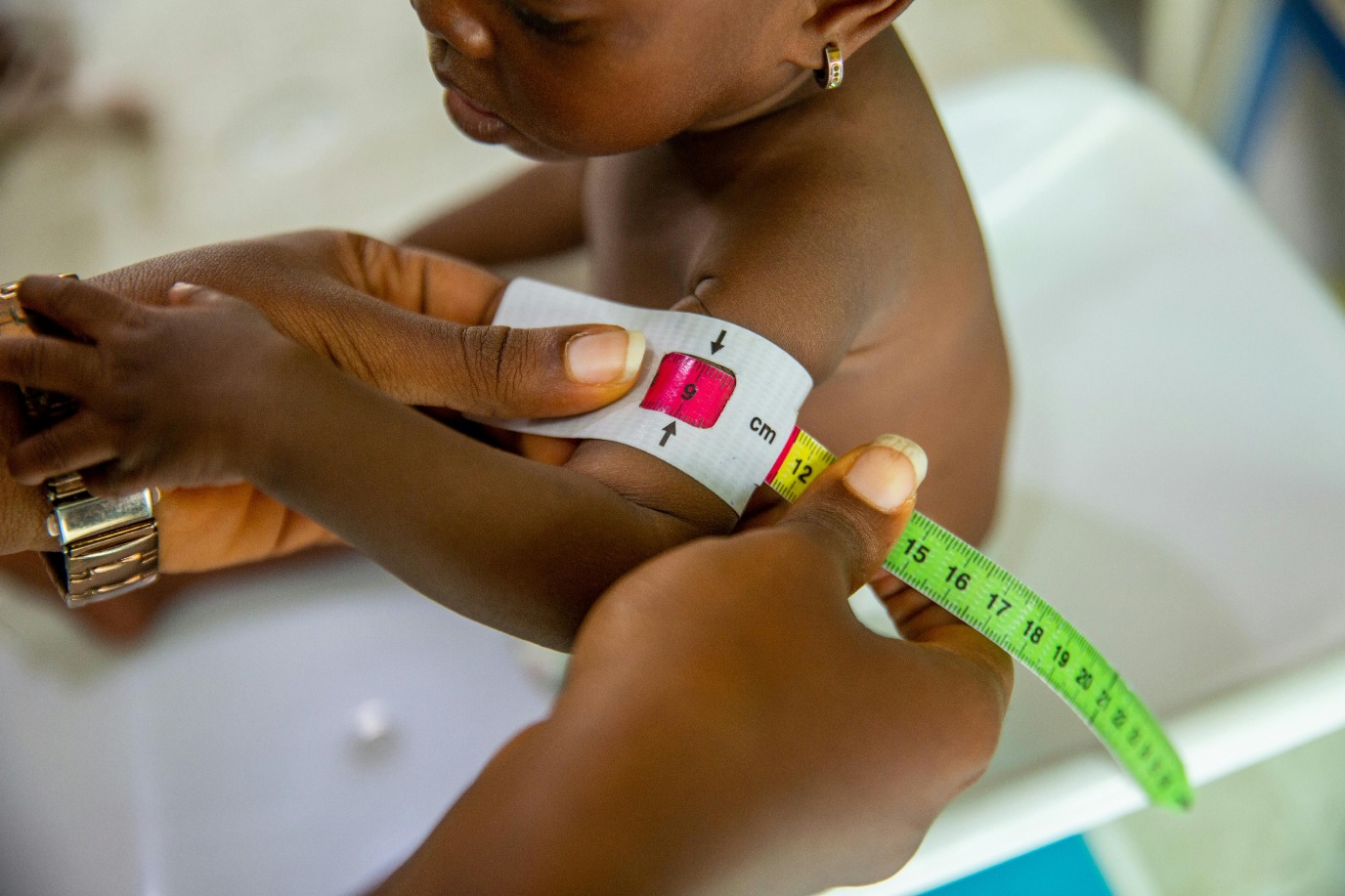Guest Lecture on Innovating Against Malnutrition: How Multi-Omics is Transforming Our Understanding of Childhood Severe Malnutrition and Its Lasting Effects
| When: | Mo 19-05-2025 20:00 - 22:00 |
| Where: | Senate Chamber, Academy Building |
On Monday 19 May, Prof. Bryan Gonzales will give a lecture on his research into innovation against malnutrition, focusing on how multi-omics is transforming our understanding of childhood severe malnutrition and its long-term effects. The lecture is open to anyone who is interested.
Abstract
Childhood severe acute malnutrition (SAM) remains a major global health challenge, with high mortality during treatment and profound long-term consequences among survivors. Despite decades of research, the biological mechanisms underpinning SAM and its lasting effects remain poorly understood. Unlocking these mechanisms requires not only scientific innovation but also new strategies for where and how we conduct research. In this lecture, I will open by sharing how our team is enabling high-technology multi-omics research—including metabolomics, lipidomics, proteomics, and microbiome analysis—in resource-limited settings, overcoming logistical, technical, and infrastructural barriers through strong global cooperation. I will then demonstrate how leveraging multi-omics technologies can advance global health by deepening our understanding of malnutrition and uncovering new avenues for intervention. I will share our work on how multi-omics is reshaping our view of SAM, particularly its distinct phenotypes and the molecular drivers of mortality. Finally, I will conclude by discussing the long-term metabolic and developmental consequences of childhood malnutrition—highlighting its critical relevance for children caught in conflict settings, where early nutritional disruption can have lifelong impacts on health, development, and resilience.
Short biography
Bryan Gonzales is an Associate Professor at Ghent University (Belgium) and a Senior Scientist at Wageningen University (Netherlands). His interdisciplinary research group mainly leverages multi-omics approaches—including metabolomics, lipidomics, proteomics, and gut microbiome analysis—to uncover the pathophysiological mechanisms underlying nutrition-related health challenges in low- and middle-income countries. With a particular focus on childhood undernutrition, its associated comorbidities (e.g. HIV), and its long-term impact to later life health, his work bridges molecular biology and public health to develop solutions for this global health challenge. Bryan was also a consultant of the WHO on its global trans fats elimination program, where he provided trainings in food analysis in Turkmenistan, Uzbekistan, Nigeria and Ukraine. Recently, he also collaborates with UNICEF to find local solutions for malnutrition by enabling the formulations of ready-to-use therapeutics food using locally available alternative ingredients.
Representative papers
-
Pletts, ... et al. Gonzales. 2025. Systematic review of protein quality and n-6 and n-3 lipid profile of alternative ingredients for ready-to-use therapeutic foods (RUTF). Trends in Food Science & Technology, 104883
-
Mudibo, … et al. Gonzales. 2024. Systemic biological mechanisms underpin poor post-discharge growth among severely wasted children with HIV. Nature Communications 15 (1), 10299
-
Nacis, … et al. Gonzales. 2024. Barriers and enablers to the effective implementation of omics research in low- and middle-income countries. Nature Biotechnology 42 (6), 988-991
-
Gonzales, et al. Berkley. 2022. The role of albumin and the extracellular matrix on the pathophysiology of oedema formation in severe malnutrition. EBioMedicine 79, 103991
-
Gonzales, et al. Koulman. 2021. Plasma lipids and growth faltering: a longitudinal cohort study in rural Gambian children. Science Advances7 (38) eabj1132

